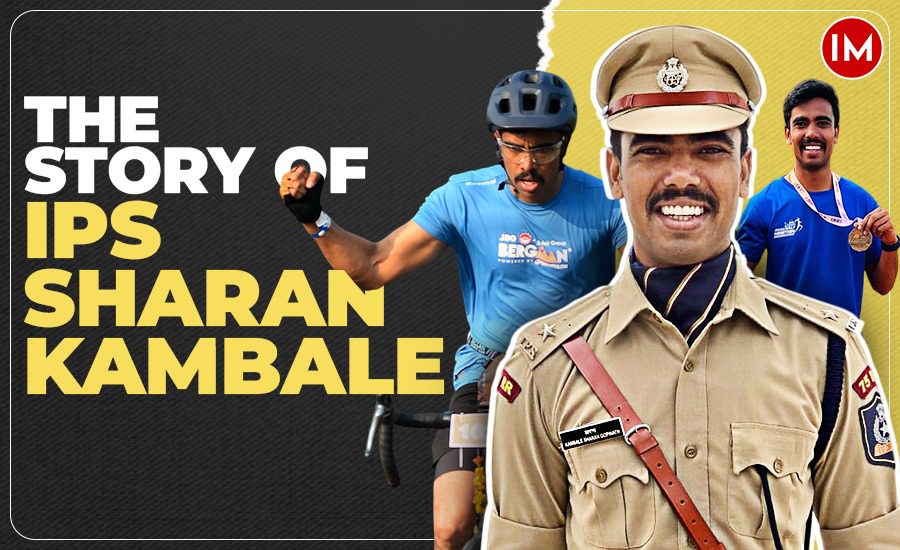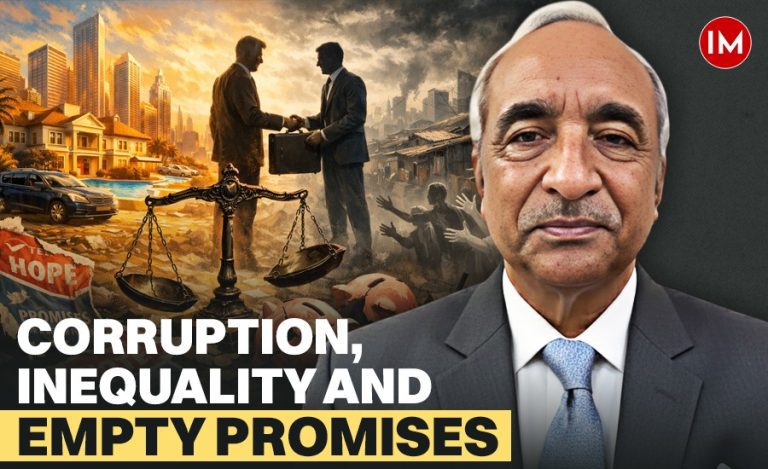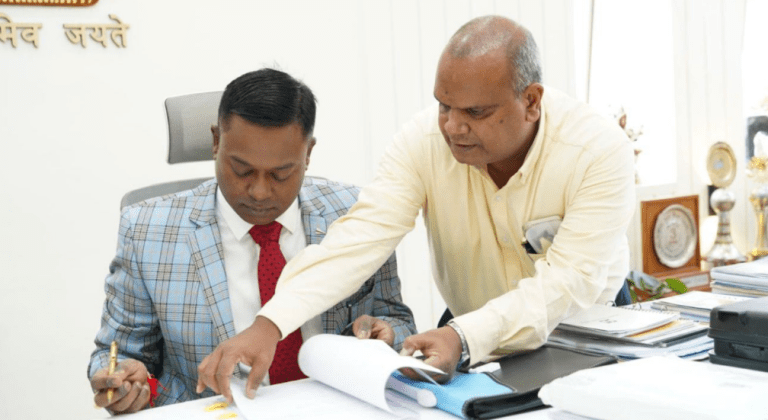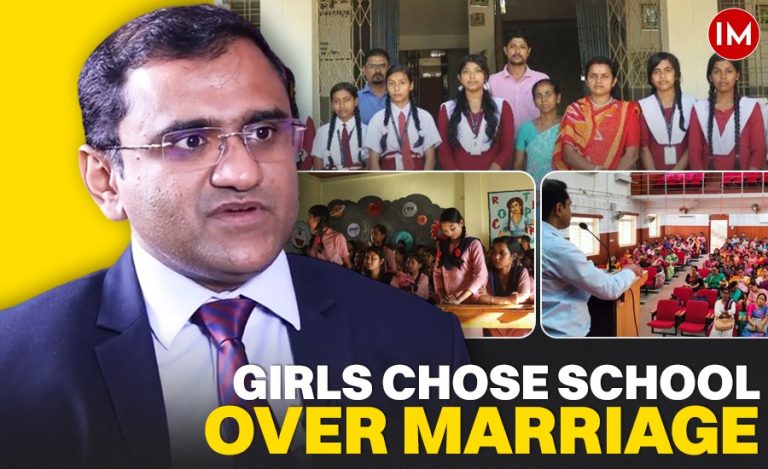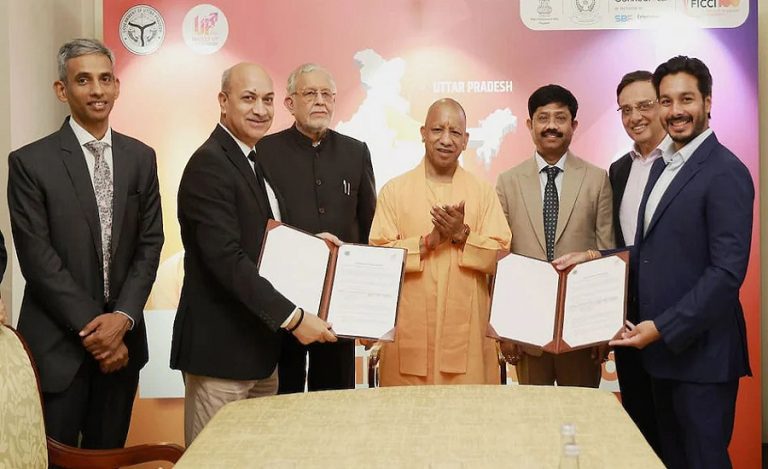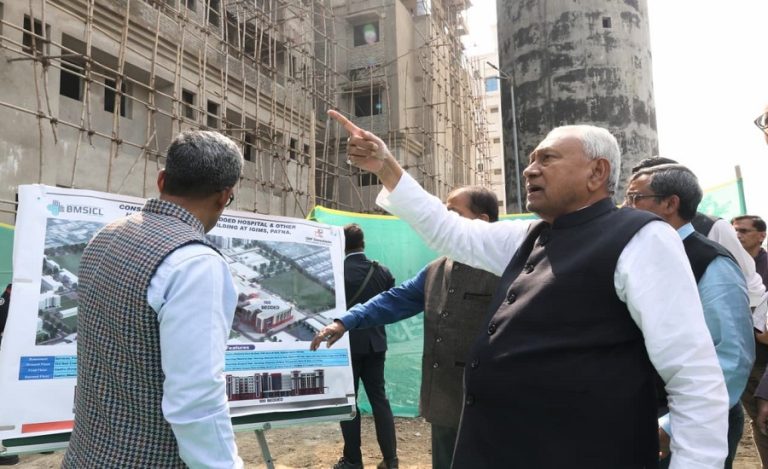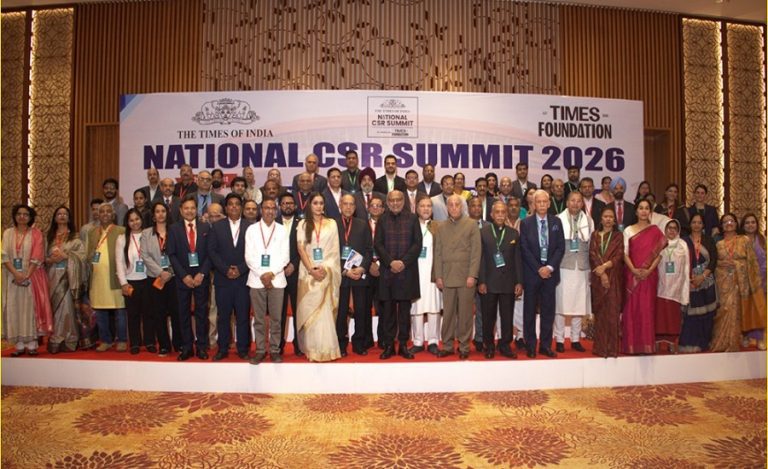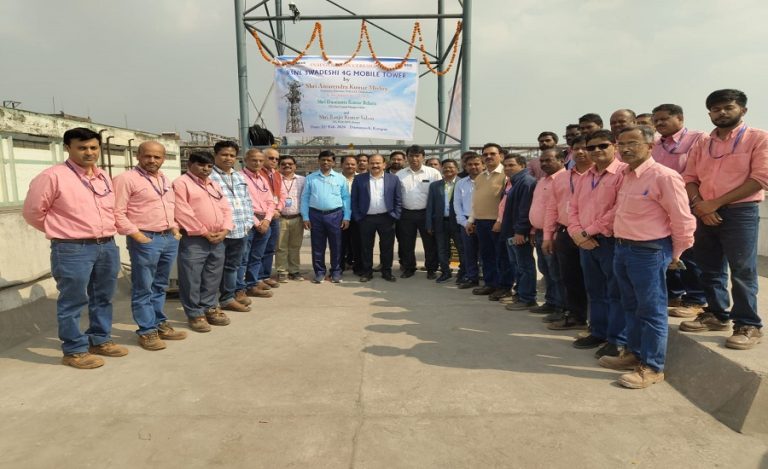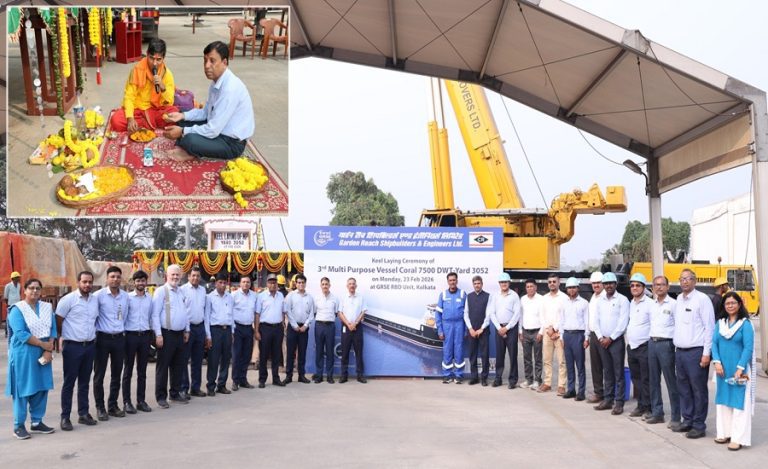Sharan Kambale’s childhood was marked by a scarcity of resources yet filled with an innate drive to rise above his circumstances. His parents, though illiterate, recognised the value of education and encouraged Kambale to pursue it, despite the challenges. In a village where basic infrastructure like electricity was nonexistent until Kambale reached class 11, studying at night was a struggle. But instead of letting this deter him, Kambale turned it into a strength.
The lack of electricity and the poor infrastructure didn’t stop Kambale from excelling. He spent long hours studying, often with a kerosene lamp as his only light source, and found ways to make the most of the limited resources available to him. “To reach my school, I would often travel by hanging onto the rooftops of buses to save money, using the long commute to revise and prepare for my exams,” Mr. Kambale shared with Indian Masterminds.
After completing his 12th grade, he secured admission to Walchand College of Engineering through the Maharashtra CET. His academic brilliance led him to the Indian Institute of Science (IISC), Bangalore, where he pursued an M.Tech in Electronic Systems Engineering. The opportunity for a lucrative career with Rambus, a semiconductor company, was a clear indication of his academic potential. “The job came with an attractive annual package of ₹20,00,000, but I had firmly decided to prepare for the UPSC CSE. Even when the company called back, offering to increase the salary, my focus remained on pursuing a different path,” he shared.
Determined to follow his dream of becoming a civil servant, Mr. Kambae moved to Delhi, supported by a scholarship from the Maharashtra government, to prepare for the UPSC exams. The COVID-19 pandemic temporarily took him back to his village, but he remained focused on his ambition and prepared from his home.
In 2020, he cleared the UPSC Civil Services Exam with a rank of 542, earning a place in the Indian Police Service (IPS). Additionally, he secured the 127th rank in the Indian Forest Service (IFS) exam and achieved All India Rank 8 in the CAPF Assistant Commandant exam. IPS officer Sharan Kambale (2021 batch, Rajasthan Cadre) is now posted as ASP, Ajmer.
DECODING IPS SHARAN KAMBALE’S UPSC PREARATION
Prelims Preparation Strategy
Sharan Kambale’s approach to the Prelims evolved over time. Initially, he attempted 70–73 questions but found this limited his score due to inaccuracies. Subsequently, he increased his attempts to 87–90 questions, which improved his overall performance.
Role of Test Series: He emphasised the importance of test series in identifying weak areas and improving accuracy. “Test series should not only be about solving questions but also about understanding patterns and improving weak areas,” he noted.
Core subject strategy:
Polity: Mr. Kambale relied on Laxmikant’s book, with a focus on the first 11 chapters covering Fundamental Rights, Directive Principles of State Policy (DPSP), and constitutional provisions. He paid special attention to constitutional amendments and articles frequently asked in the exam.
Geography: He built his foundation using NCERT textbooks (6th–12th standard) and supplemented his learning with concise notes for quick revision. Map-based questions, particularly river systems and world political maps, were prioritised.
History: He prepared for Modern Indian History using Spectrum and focused heavily on the appendix section, covering key events, INC sessions, and prominent freedom fighters.
Economics: “Online resources like Mrunal were instrumental in understanding complex topics like inflation, fiscal policies, and the banking system. I balanced static concepts with current developments for a comprehensive understanding,” the officer shared.
Art and Culture: NCERT Fine Arts textbooks were his primary resource. He focused on recurring topics like dance forms, temple architecture, and festivals, ensuring a connection between cultural heritage and current events.
Notes Preparation: The officer prepared personalised notes, consolidating essential points from multiple sources. These notes were revised multiple times, making them an invaluable resource during the final stages of preparation.
Current Affairs: Daily newspaper reading formed the backbone of Mr. Kambale’s current affairs preparation. He used monthly compilations to ensure comprehensive coverage. He discussed key issues with peers to enhance his understanding and retention.
Subject-Specific Analysis: Sharan Kambale analysed previous years’ question papers to identify high-yield topics. Based on this analysis, he prioritised subjects like Polity and economics, which have a consistent weightage in the Prelims.
The officer also prepared concise, personalised notes by consolidating essential points from multiple sources. These notes became invaluable during revisions.
Interview Preparation Strategy
IPS Sharan Kambale’s interview preparation was thorough, focusing on his Detailed Application Form (DAF), current affairs, and scenario-based questions. He linked personal experiences to broader socio-economic issues, offering insightful and practical answers.
“Regular mock interviews refine communication skills and build confidence. Practicing in front of a mirror or with peers can significantly improve presentation,” Mr. Kambale advised. During the actual interview, he adapted his responses based on the board members’ temperament, maintaining a calm and confident demeanour throughout.
IPS officer Sharan Kambale’s story is not just about clearing one of the toughest exams in the country but also about the power of perseverance and staying true to one’s dreams.

